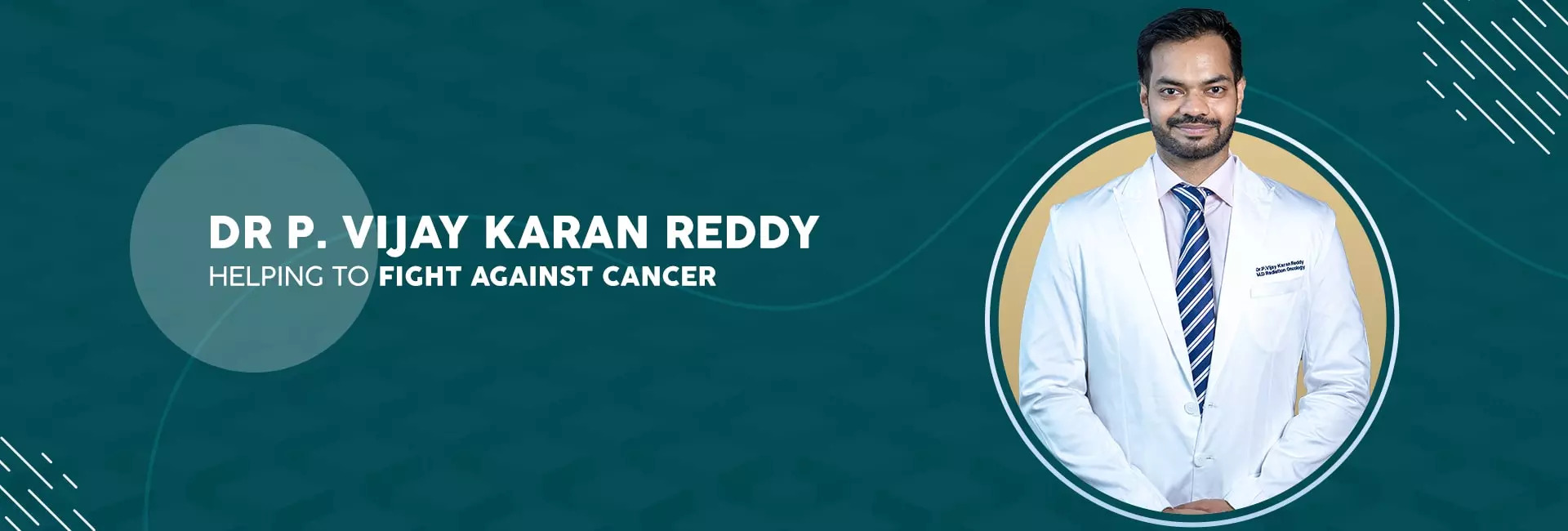Lung cancer is a major health issue worldwide and a leading cause of cancer-related deaths. As Oncology Specialists, we aim to provide you with clear and accurate information on this vital topic.
What is Lung Cancer?
Lung cancer begins in the cells of the lungs. Over time, changes in our DNA make cells grow out of control, forming a tumor that might turn into cancer.
Types of Lung Cancer There are mainly two types:
Non-small Cell Lung Cancer (NSCLC): This is the most common type, making up about 85% of cases.
Adenocarcinoma
Squamous Cell Carcinoma
Large Cell Carcinoma
Small Cell Lung Cancer (SCLC): This type grows quickly and is mostly linked to smoking.
Causes and Risk Factors
While smoking is the top cause, several other factors can increase your risk:
Secondhand Smoke: Living with smokers can put you at risk too.
Radon Exposure: A natural radioactive gas found in the ground.
Harmful Chemicals: Exposure to asbestos, arsenic, and some other chemicals can increase risk.
Family History: Some people may inherit a higher risk of lung cancer.
Recognizing the Signs
Catch it early for better chances of treatment. Watch out for:
A persistent or worsening cough
Blood in your cough
Chest pain, especially when breathing deeply or coughing
Feeling out of breath
Losing weight without trying
A change in voice or hoarseness
How It's Diagnosed If you show symptoms, doctors may use:
Imaging Tests: X-rays and CT scans to find unusual growths.
Sputum Test: Checking your coughed-up mucus for cancer cells.
Tissue Test (Biopsy): Taking a small sample, usually with a special scope.
Treatment Options Your treatment will depend on the type of cancer and your overall health:
Surgery: Removing the cancer and some surrounding healthy tissue.
Radiation: Using high-energy beams to target cancer.
Chemotherapy: Medications that target and kill cancer cells.
Targeted Treatments: Medications that specifically target cancer cell changes.
Immunotherapy: Helping your immune system fight cancer.
How to Protect Yourself Prevention is always best:
Don't smoke or quit if you do.
Test your home for radon.
Avoid harmful chemicals.
Eat a diet rich in fruits and veggies.
Exercise regularly.
In conclusion, with the right knowledge and a proactive approach, you can lower your risk of lung cancer. Regular visits with the top oncologist in Hyderabad, a healthy lifestyle, and being aware of symptoms are key. We're here to provide the best care and information on Lung Cancer treatment in Hyderabad, ensuring a healthier future for everyone.


